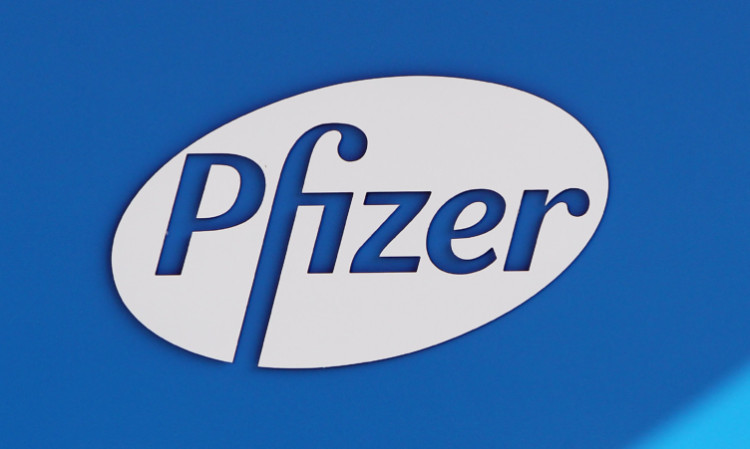The cross-Atlantic sparring arising from US giant Pfizer’s bid to wrest control of British pharma giant AstraZeneca has provided interesting viewing.
The two companies are locked in a power struggle after Pfizer best known for producing the anti-impotence drug Viagra returned this week with an eye-watering £63 billion takeover proposal.
The colossal amount of money involved would make the deal the biggest overseas acquisition of a UK company in history, bar none.
But Astra won’t play ball and continues to insist Pfizer’s bid is far too low given the potential commercial impact of the pipeline of drugs, especially cancer medicines, which it has in development.
But as fascinating as the boardroom battle has been, and will no doubt continue to be in the coming days, my attention has been drawn to the overtly political twist the story has taken.
On the same day as Pfizer revealed its latest offer for Astra, the US firm’s Scots-born chief executive Ian Read popped a note in the post to Prime Minister David Cameron.
The letter, available publicly on Pfizer’s corporate website, confirmed the terms of the US firm’s offer for Astra.
But it went much further in that it made several pledges relating to Pfizer’s conduct on completion of a mega deal vows designed to make the deal more palatable to shareholders, investors and the wider public concerned about the potential loss of UK jobs.
Mr Read’s missive committed the combined company to:
* Establishing its corporate and tax residence in England.
* Completing a major research hub being pursued by Astra in Cambridge.
* Having a minimum 20% of the combined firm’s R&D workforce on this side of the Pond.
* Having “appropriate and meaningful participation in the UK commercial, economic and social community”.
In all, the letter made seven key pledges which they said they would stand by for a period of at least five years.
In response, Downing Street released a statement saying the letter from Mr Read had been received by the Prime Minister. It also confirmed that Mr Cameron had also spoken direct with the chairman of AstraZeneca.
The statement said the takeover was a matter for the boards and shareholders of the two companies, but said Mr Read’s letter was a “positive sign” with “significant undertakings on research, jobs and investment.”
There were also further public contributions by Business Secretary Vince Cable and Science Minister David Willetts.
By Sunday, Labour leader Ed Miliband entered the fray with his own attempt to gain political capital by accusing the Government of cheerleading the deal an accusation that was swiftly denied but only intensified the spotlight and called for a stronger public-interest test on takeovers of such magnitude.
As Pfizer continues to up the ante, and perhaps even turns its attention to a formal hostile bid for AstraZeneca, the story will continue to gain arms and legs from a political standpoint.
The Government must be seen to champion the rights of the British worker and act in the best interests of UK PLC, but it must not be seen to overstep the mark and dictate what happens within corporate boardrooms.
I suspect that will become an increasingly fine line to walk in the days ahead.
